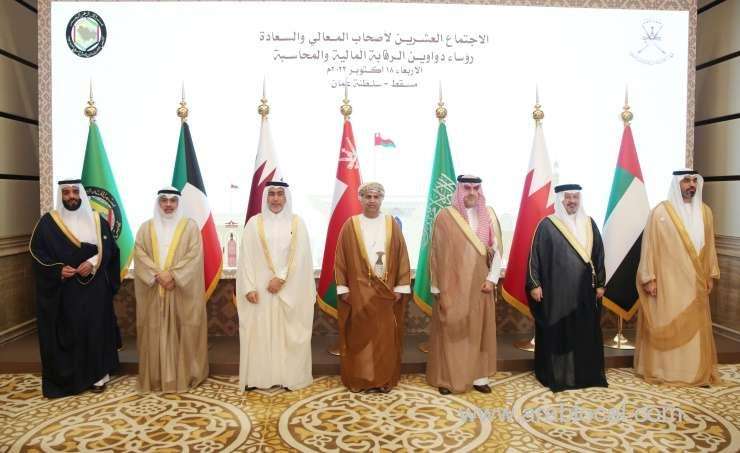
Shaikh Ahmed bin Mohammed Al Khalifa, the Auditor General of the National Audit Office (NAO), took part in the 20th meeting of the Heads of Supreme Audit Institutions (SAI) within the Gulf Cooperation Council (GCC) held in Oman. The meeting was chaired by Shaikh Ghosn Hilal Al Alawi, who is the Omani Chairman of the State Audit Institution.
During the meeting, the Auditor General commended the level of cooperation and coordination among the Gulf Supreme Audit Institutions and urged for more collaborative efforts based on mutual interests for the benefit of all. He highlighted the rapid digital and technological transformations happening globally across various fields and sectors. This evolution, involving big data, risk management, information systems, cybersecurity, and other aspects, requires auditors to adapt their methods to keep pace with these changes.
Shaikh Ahmed emphasized that even as technology relies on machines, programming, and artificial intelligence (AI), the human element remains fundamental for progress and development. Consequently, he stressed the importance of accelerating training, enhancing capabilities, improving competencies, and increasing the exchange of experiences and knowledge, both regionally and internationally.
During the meeting, the training plan for the years 2024-2025 and the operational plan for the strategic training plan for 2023-2025, both prepared by the NAO of Bahrain, were approved. The heads of the SAIs were also briefed on the topics for the sixth GCC competition for Research and Studies in the field of auditing and accounting, which encompasses two categories. The first category addresses employees with less than ten years of service and covers topics related to information systems auditing, cybersecurity in the public sector, and the role of supreme audit institutions in dealing with challenges related to the application of artificial intelligence in auditing.
The second category targets employees with more than ten years of service and explores the added value achieved by the Supreme Audit Institutions, the methods of measuring it, and ways to highlight and showcase it.
Furthermore, the meeting endorsed proposals to establish two memorandums of understanding, one with the King Fahd Library and another with the INTOSAI Development Initiative (IDI).
Lastly, the meeting reviewed updates to several manuals, including the Performance Audit Manual, Audit Report Preparation and Writing Manual, Information Technology Audit Manual, Privatization Audit Manual, Governance Audit Manual, and Public Projects Audit Manual.